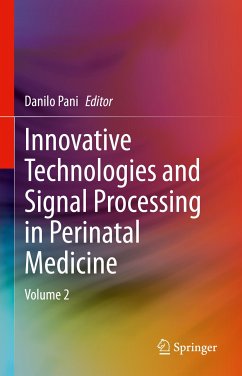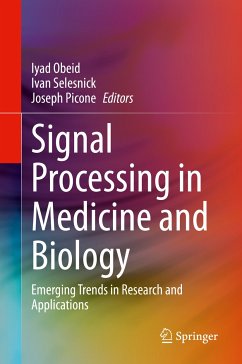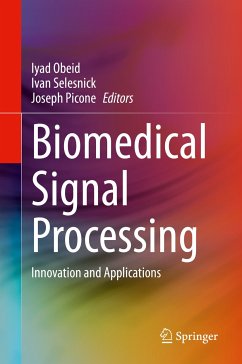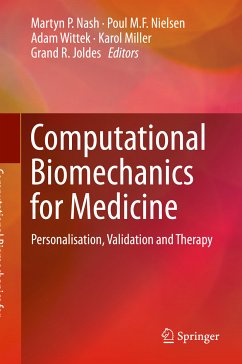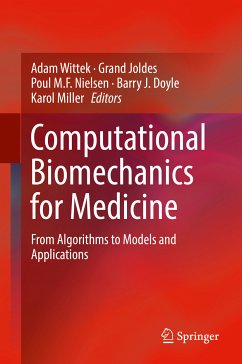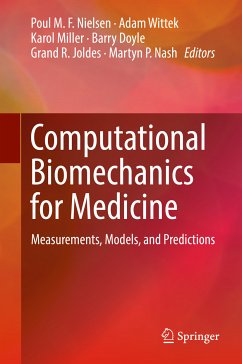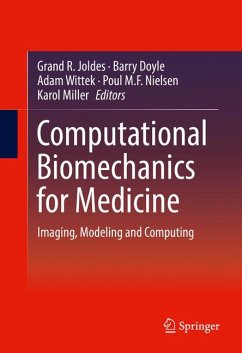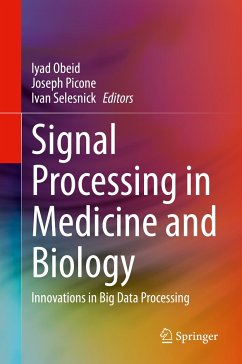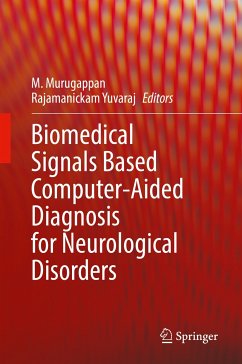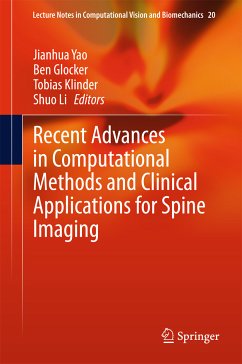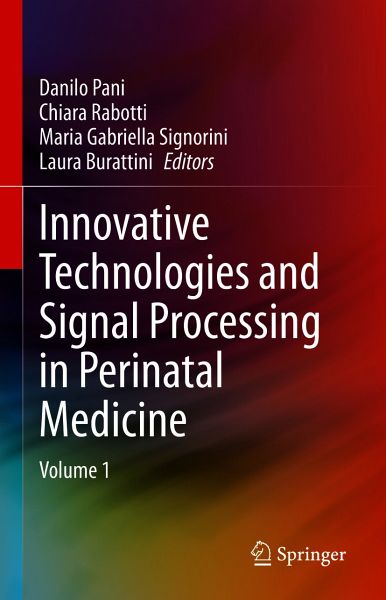
Innovative Technologies and Signal Processing in Perinatal Medicine (eBook, PDF)
Volume 1
Redaktion: Pani, Danilo; Burattini, Laura; Signorini, Maria Gabriella; Rabotti, Chiara
Versandkostenfrei!
Sofort per Download lieferbar
68,95 €
inkl. MwSt.
Weitere Ausgaben:

PAYBACK Punkte
34 °P sammeln!
Pregnancy is a critical time for the health of the mother and the fetus, with important potential risks for both. Tools for antenatal diagnosis and pregnancy monitoring can support prevention and management of potential risks and complications. In particular, the perinatal period, spanning from the third trimester of pregnancy up to one month after birth, is the most critical for the baby. For this reason, in the last decades, biomedical engineering supported and fostered the scientific research towards the identification of new models, parameters, algorithms, and tools that can improve the qu...
Pregnancy is a critical time for the health of the mother and the fetus, with important potential risks for both. Tools for antenatal diagnosis and pregnancy monitoring can support prevention and management of potential risks and complications. In particular, the perinatal period, spanning from the third trimester of pregnancy up to one month after birth, is the most critical for the baby. For this reason, in the last decades, biomedical engineering supported and fostered the scientific research towards the identification of new models, parameters, algorithms, and tools that can improve the quality of fetal monitoring, predict the outcomes and allow physicians to intervene in an appropriate manner to ensure a healthy future for the baby. This book follows the First International Summer School on Technologies and Signal Processing in Perinatal Medicine and reflects some of its most important master lectures. It represents a valuable guide for students and young researchers approaching this topic for the first time, as well as experienced researchers and practitioners looking for a clear representation of the themes and techniques presented by recognized experts in the field.
- Presents current and innovative technologies for fetal and neonatal monitoring
- Emphasis on both technology/signal processing and clinical aspects
- Offers a clear didactic approach to the subject matter
Dieser Download kann aus rechtlichen Gründen nur mit Rechnungsadresse in A, B, BG, CY, CZ, D, DK, EW, E, FIN, F, GR, HR, H, IRL, I, LT, L, LR, M, NL, PL, P, R, S, SLO, SK ausgeliefert werden.



